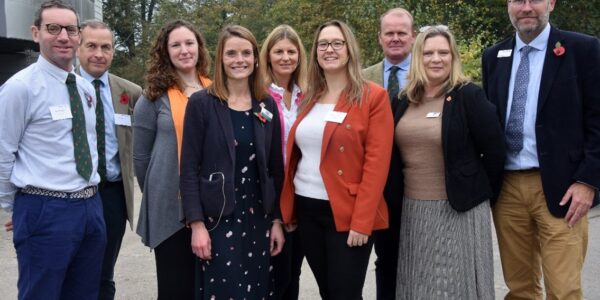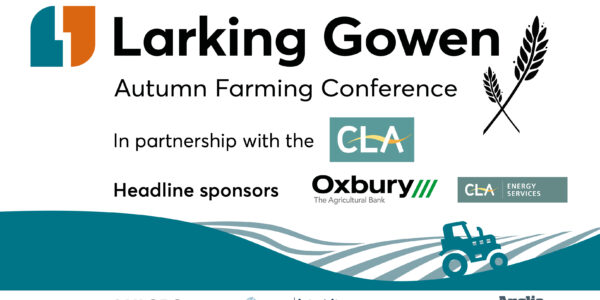Is the agricultural sector about to be thrown under the bus?
9/06/2020 - Larking Gowen

There is very little in the way of news outside coronavirus, which is unsurprising, but with the Agriculture Bill having its second reading and debate in the House of Lords on 10 June and possible Royal Assent in due course, the agricultural industry will brace itself for its biggest upheaval since 1973.
The current pandemic has demonstrated the importance of having a strong and resilient supply chain especially for domestic output. The Bill is based on the overarching principle of public money for public goods and on the face of it, the principal demands of the major industry voices for the Agriculture Bill are seemingly straightforward: strong provisions on food security, safeguarding of standards and resilience and support for the production of food. Nothing these days is straightforward.
The ‘Parish’ amendment to the Bill, which sought to enshrine in law the parity of standards of imported food with our own domestic output was voted down in parliament. Given that the current government had promised to maintain high standards on imported food, and they have a large majority, this came as quite a surprise. The main reason for its rejection was that it would be potentially harmful to future trade deals the UK is hoping to achieve as we would be seen to be discriminating against other countries’ food standards, which is against World Trade Organisation (WTO) rules. So, is UK agriculture going to be thrown under the bus for the greater good of the UK economy? Yes and no.
Just because the UK may end up importing cheaper alternatives, will people buy them? Of course they will. Is that any different to the current situation? Not really. One thing the pandemic has showcased is the ability and capability of the UK food production network. If, as expected, the Bill passes in its current format, the UK agricultural industry will be faced with a PR problem in how it continues to inform consumers about its produce. This has always been a problem and it doesn’t matter how many Red Tractors or Union Flags are stuck on packaging, there will always be a percentage of consumers who will purchase purely on price and not provenance. If people want to buy chlorinated chicken and they are fully aware that’s what they’re doing, then how can we stop them? We can’t, but chlorinated chicken doesn’t have to be on the menu as the US has pointed out in its other worldwide trade deals that exclude it or have a dual-tariff system in place.
While a concerted PR effort to reinforce our food security and production standards will help, the average consumer will more than likely have less disposable income as a result of the pandemic. Even before the crisis, average UK household spend on food was 10.6% compared to 25% only a generation ago. The percentage may not change, as the household income will fall, so there will be a net reduction. Only time will tell if there’s a wholesale shift into cheaper alternatives, but consumers do tend to be creatures of habit.
Pressure on farm income will come from the phased reduction in Basic Payment Scheme from next year. There are lobbying efforts to see this deferred until 2022 but the money tree in Westminster is looking more than parched so it’s unlikely this will happen, but the pressure must be applied.
It’s unlikely the sector voices will get exactly what they want from the Bill but hopefully it will only be a distraction allowing the UK to focus on what it can do best. UK producers will have to think more about what they produce rather than how. The UK government is desperate to get itself the best trade deals around the world so the concessions, however they may impact so-called smaller industries, will be made.
MHA Larking Gowan have seven accountancy offices in Norfolk, Suffolk and Essex, with a combined team of more than 300 dedicated staff further details can be found on their website.
All articles on this news site are submitted by registered contributors of SuffolkWire. Find out how to subscribe and submit your stories here »



